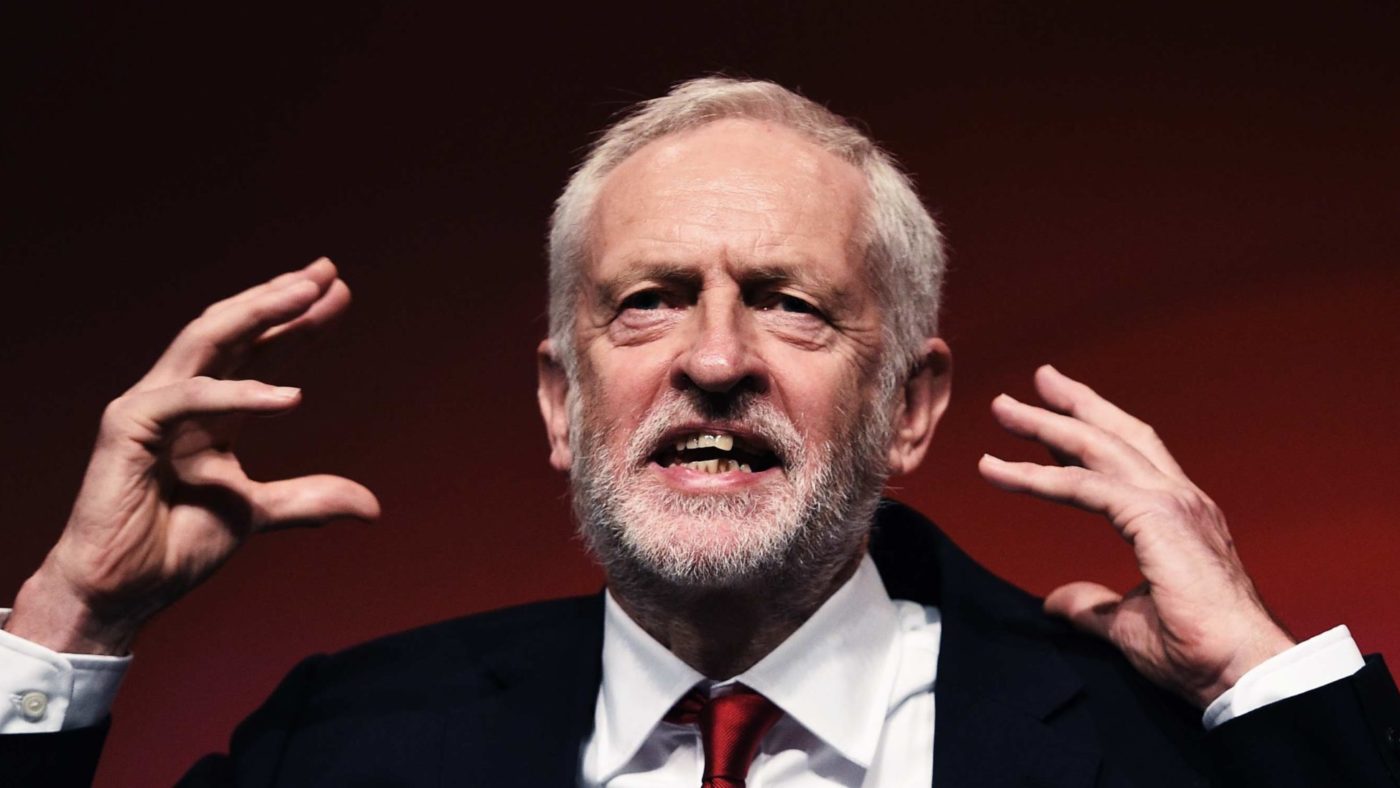Will the prime minister resign today? It’s certainly possible, but he has defied expectations before and may do so again.
Jeremy Corbyn is the prime minister no one expected. No one expected him to win his party’s leadership when nominations opened in the summer of 2015. But he did. And after a disastrous 18 months of his tenure, no one expected to win the 2017 snap general election either. But he did anyway.
It’s hardly been plain sailing since then, what with strike-happy public sector unions, a devalued pound, rampant inflation and record unemployment. But it is Corbyn’s government’s attempts to extricate us from the European Union that could be his downfall.
The Labour manifesto in 2017 was worded cleverly, offering hope to Remainers and Leavers alike that a Labour government would do exactly what they wanted. “Freedom of movement will end when we leave the European Union,” the text warned. Ah, but to Remainers, that was simply an acceptance of the referendum result, not a statement of intent. Things can change, circumstances can evolve, and surely the leader of a massively pro-European party would not defy the will of his members, let alone his Members of Parliament?
The first worrying signs that Prime Minister Corbyn intended to go through with what his predecessor, Theresa May, had started was his surprising decision not to appoint Sir Keir Starmer to the position of Brexit Secretary. That Richard Burgon was given the key job of starting the negotiations where David Davis had left off was a reason for intense, though subdued, panic among Labour Remainers.
Burgon produced his now famous “six tests” against which a Brexit deal would be judged, the first of which was “Is Britain still an EU member state?” Once this could be safely answered in the negative, all the other tests fell into place. Yes, a newly independent UK would be free to boycott Israel; yes, we would be free to withdraw from Nato, no, our leaving the EU would not interfere with our relationship with Venezuela; yes, the deal would allow Northern Ireland to be reunited with the Republic…
It was only when the Commons was able to see the detail that there was uproar on both sides of the House. The only support for Corbyn’s withdrawal agreement came today from the Conservatives’ European Research Group, but even its spokesman, Jacob Rees-Mogg, expressed fears that the deal, to take effect just five months later – without a transition period – was “a bit extreme” and would leave Britain “too isolated from our European friends”.
The vast majority of Corbyn’s own MPs are, of course, implacably opposed to leaving the EU at all, but even they are horrified at the way in which their leader proposes the deed be done: no final payment to the EU (the IMF are refusing to pay us any more as it is), no agreement on trade, a reversion to World Trade Organisation (WTO) rules (although the Chancellor, John McDonnell, has already given notice that the organisation needs to change its rules to accommodate a more socialist approach to trade, including giving stuff away for free).
Yes, Corbyn admitted to the Commons today, the M26 may have to be turned into a lorry park if the pernicious capitalist governments of Europe fail to recognise Britain’s democratic decision to leave the EU. “But we intend to rename it the People’s Lorry Park, in honour of our great movement!” he announced, to cheers from at least two members of the Treasury bench, Richard Burgon and Diane Abbott (who famously referred to the M26 in a Radio 5 Live interview as “the A9”).
Can the prime minister get this deal through Parliament? Out of the customs union, out of the single market, no trade deal, relations with EU leaders at sub-zero temperatures… The arithmetic would suggest not. But Corbyn has a trump card yet to play: sources close to Number 10 have suggested that the vote on the deal will be seen as a vote of confidence in the government. The Fixed Term Parliament Act guarantees that losing it will not lead to an early general election, but any Labour MP who votes against it will have broken the whip and will be immediately suspended from the party, with new Corbyn-supporting candidates selected in their place.
Before that threat was made, up to 200 Labour MPs were promising publicly to oppose the deal “without qualification”. Since yesterday, that number has fallen to about four. The unexpected prime minister may survive this latest drama yet.


